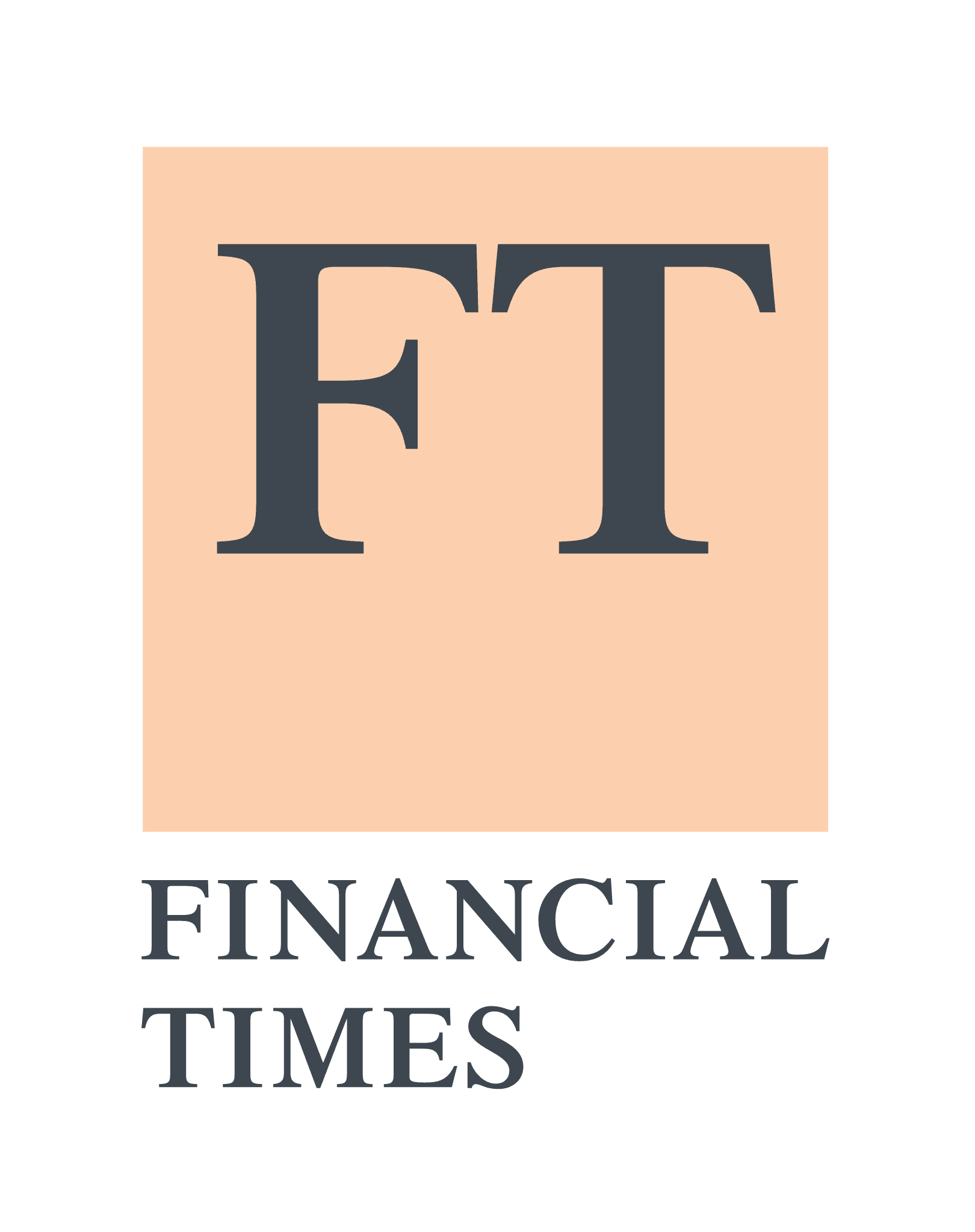Best investment banks to join in '23

by magellan on March 28th 2023
Many young people who want to pursue a career in investment banking don’t know the differences between investment banks and simply apply to all banks to increase their chances of securing an internship or job. However, it is crucial to take into consideration the culture and the performance of the company before joining it to maximize your growth opportunities and reduce the likelihood of becoming unemployed after a short period (e.g, by joining Credit Suisse in 2022 or Deutsche Bank in 2023). The rankings in this post can help you make a more informed decision when it comes to deciding on which bank to join. Certainly, you should also take into account other important factors like location, product and the team.Ranking of investment banks based on market shareRankBankFees ($m), 20221JP Morgan6,922.262Goldman Sachs & Co6,503.713BofA Securities Inc5,515.924Morgan Stanley4,610.545Citi3,960.066Barclays2,831.057Credit Suisse2,227.318Wells Fargo & Co2,031.599CITIC1,900.3810RBC Capital Markets1,728.88Total108,356.74
Ranking of investment banks based on 5-year revenue growth
RankBankAnnual growth rate1CITIC14.97%2Goldman Sachs & Co9.58%3RBC Capital Markets8.67%4Morgan Stanley8.60%5JP Morgan7.73%6Barclays6.98%7BofA Securities Inc4.74%8Citi3.86%9Wells Fargo & Co-1.72%10Credit Suisse-6.40%Data source: FT.comIt is clear that big US banks like JP Morgan and Goldman Sachs dominate the investment banking industry. China International Trust Investment Corporation is the fastest-growing big bank in the world. This shouldn’t surprise us too much given the growing importance of China in the world. Credit Suisse and Wells Fargo are the big losers and should be (have been) avoided. Citibank also doesn’t seem to be in a very strong position.I hope that you find these rankings useful.Best investment banks to join in '23

by magellan
on March 28th 2023
on March 28th 2023
Many young people who want to pursue a career in investment banking don’t know the differences between investment banks and simply apply to all banks to increase their chances of securing an internship or job. However, it is crucial to take into consideration the culture and the performance of the company before joining it to maximize your growth opportunities and reduce the likelihood of becoming unemployed after a short period (e.g, by joining Credit Suisse in 2022 or Deutsche Bank in 2023). The rankings in this post can help you make a more informed decision when it comes to deciding on which bank to join. Certainly, you should also take into account other important factors like location, product and the team.Ranking of investment banks based on market shareRankBankFees ($m), 20221JP Morgan6,922.262Goldman Sachs & Co6,503.713BofA Securities Inc5,515.924Morgan Stanley4,610.545Citi3,960.066Barclays2,831.057Credit Suisse2,227.318Wells Fargo & Co2,031.599CITIC1,900.3810RBC Capital Markets1,728.88Total108,356.74








